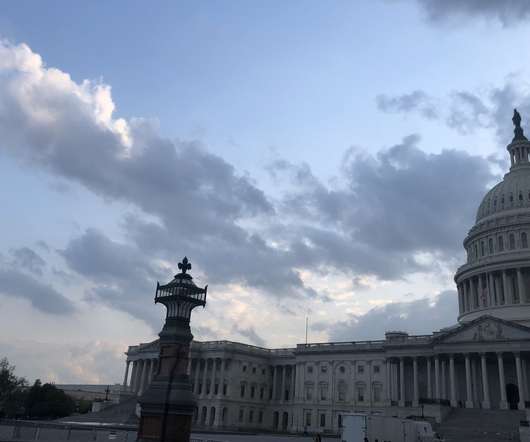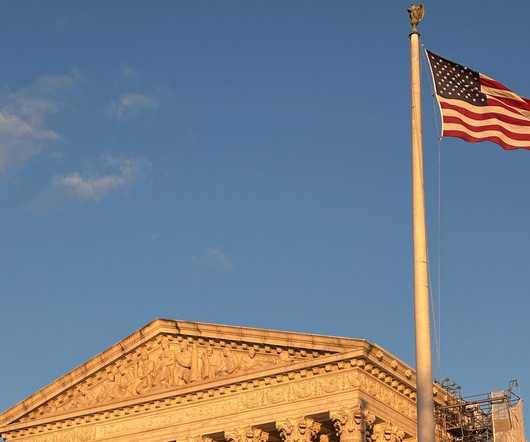Court holds disparate fees in business bankruptcy cases unconstitutional
SCOTUSBlog
JUNE 6, 2022
Fitzgerald , unanimously agreeing on Monday that a statute that imposes higher fees on bankruptcy filers in 48 states than in the other two states is so far from “uniform” that it transgresses the Constitution’s requirement that Congress provide “uniform Laws on the subject of Bankruptcies throughout the United States.”.





















Let's personalize your content